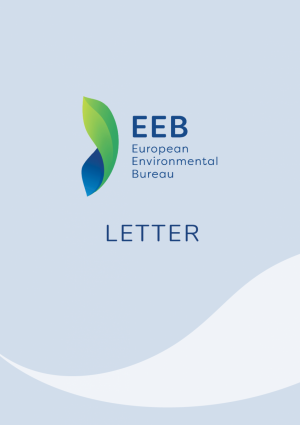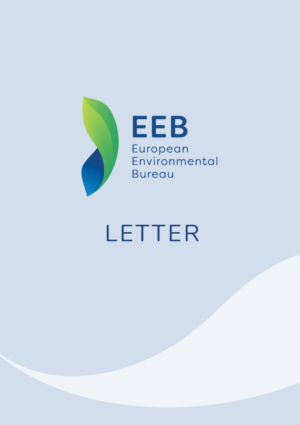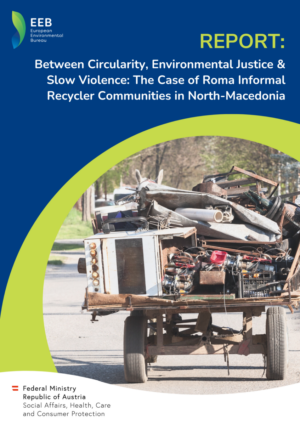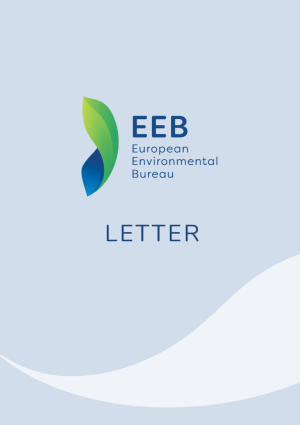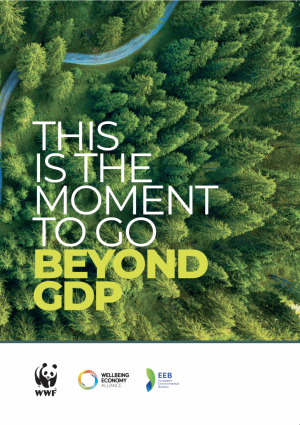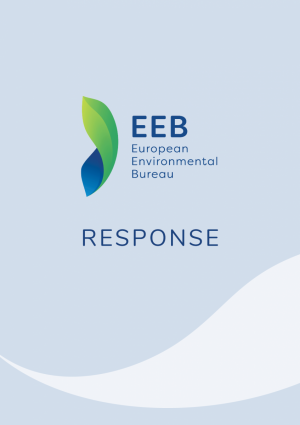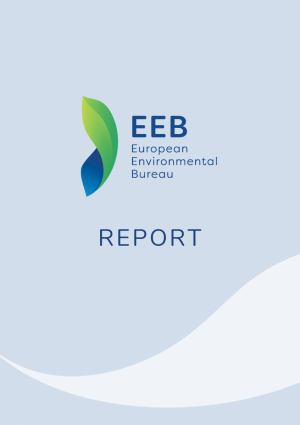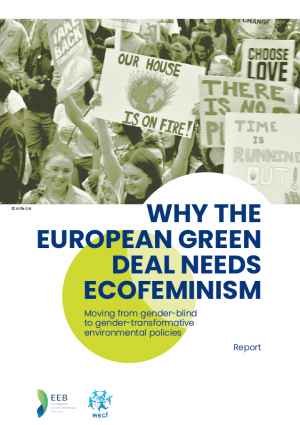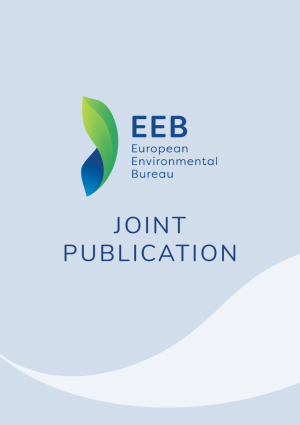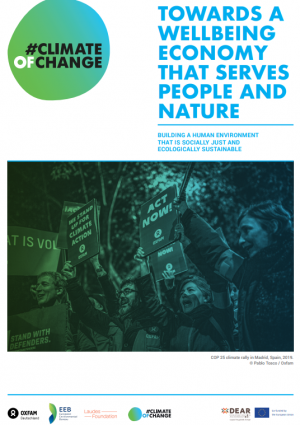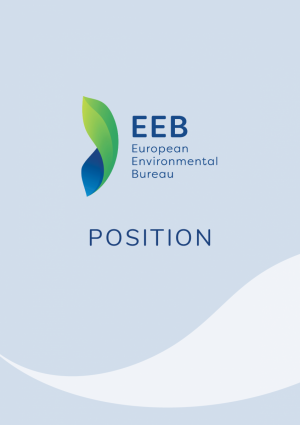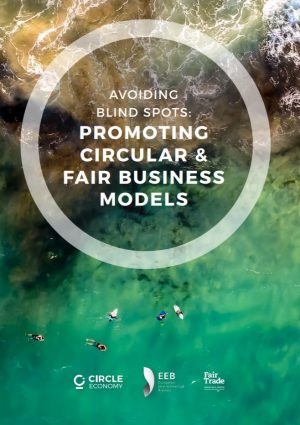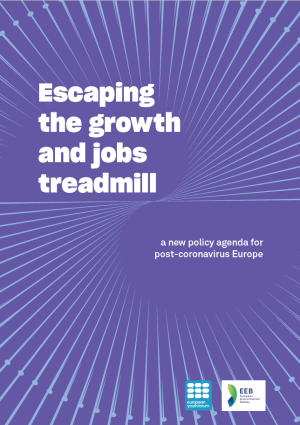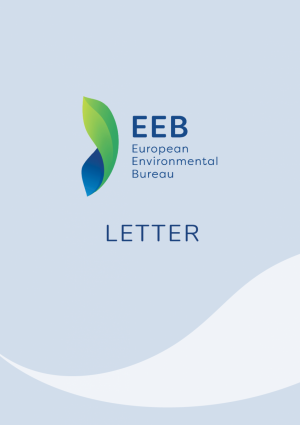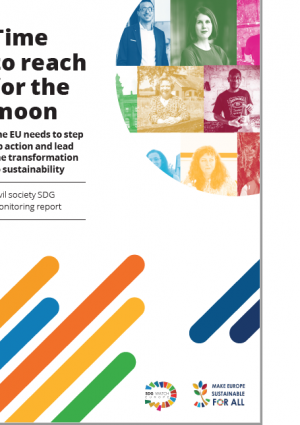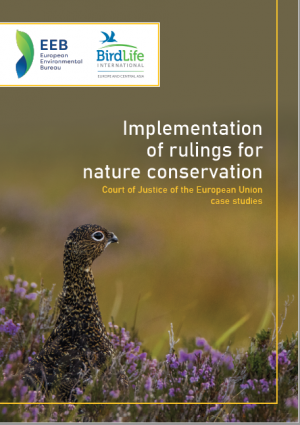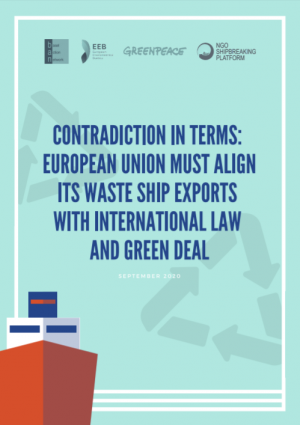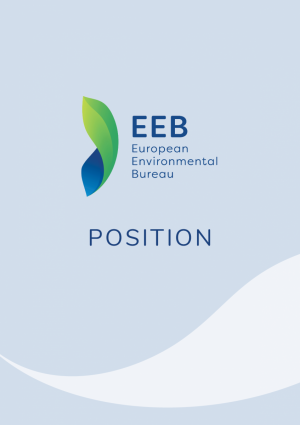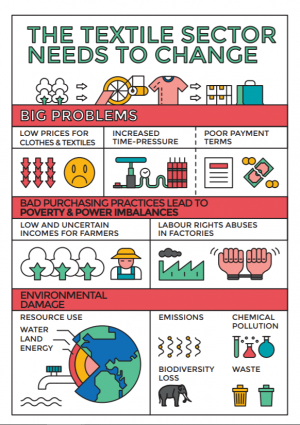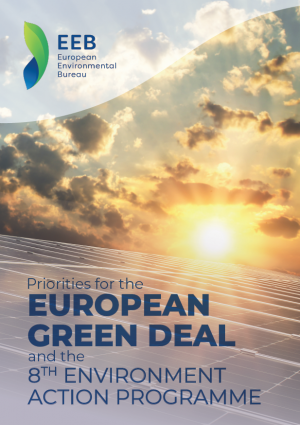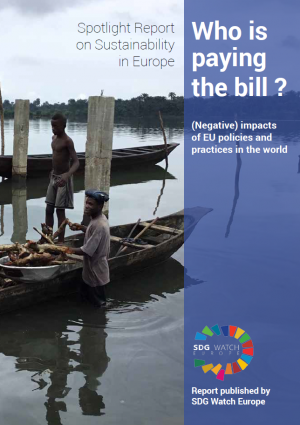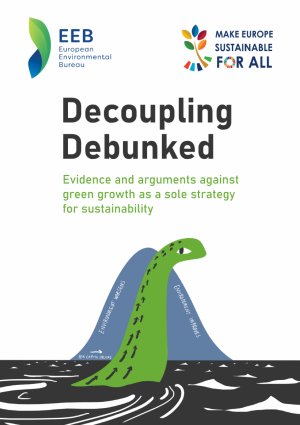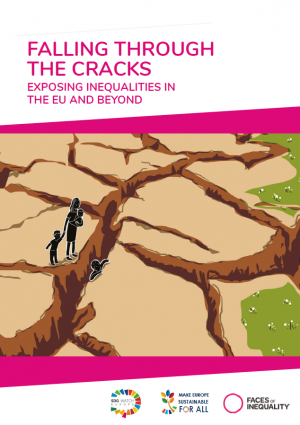Implementation of the Sustainable Development Goals
Sustainable development means to reconcile our human activity with the regenerative boundaries of our planet. Every economic system is part of a social context and an ecosystem, and both have limits. Currently, the EU is far from achieving sustainability and many key social and environmental indicators have already crossed red lines.
In September 2015, under the auspices of the UN, the international community agreed on the Sustainable Development Goals (SDGs), a set of 17 aspirational goals aimed at “transforming our world” by 2030. The EEB fought hard to influence the outcome of the SDGs and is now part of the effort to ensure that the EU institutions and Member States play their role in placing the goals at the heart of all policymaking.
The EEB collaborates with a wide variety of like-minded stakeholders to promote sustainability, including within the framework of SDG Watch Europe, of which the EEB is a founding member and for which it hosts the Coordinator. The EEB encourages environmental organisations across Europe, to actively work towards the SDGs’ implementation, for instance with its SDG toolkit. The EEB has advised the European Commission through its Multi-Stakeholder Platform for the Implementation of the SDGs.
Together with SDG Watch Europe, the EEB has delivered the first civil society driven SDG shadow report for the European Union as well as spotlight reports on SDG 10 and inequalities and on negative impacts of our economy on countries in the Global South.
The EEB remains critical of the Sustainable Development Goals being seen as the silver bullet to solve all global problems and to ensure that humanity respects planetary boundaries. The SDGs need to be applied fully to achieve these aims, but if they are simply used to promote ever-expanding economic growth and without a genuine effort to increase human well-being, they will not result in a true sustainable development. The ball is now in the court of the policy-makers, and the EEB will be watching carefully to check how they move forward.
Increase in global material use between 1970 and 2010
focusing on people, planet, peace, prosperity, and partnership.


